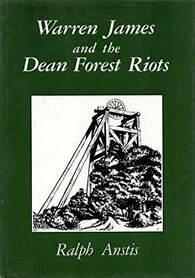 In 1986 local author Ralph Anstis published his detailed account of events that shook the Forest community in the early decades of the nineteenth century. Warren James and the Dean Forest Riots told the story of an uprising in the Forest that saw thousands of men, women and children systematically tear down miles of Crown enclosure banks and fences over the period of a week. Their leader was local miner Warren James, and it was James with just a handful of other men that paid the ultimate price, at trial being condemned to death – though this was later commuted to transportation to the British penal colony of Van Diemen’s Land (present-day Tasmania) off Australia. Whilst fellow ‘rioter’ John Harris eventually made his way back to the Forest, James, having been pardoned in 1836, failed to make it home, dying in Hobart in 1841. Ralph’s book was responsible for reviving popular interest in the largely forgotten Dean Forest Riots and their leader Warren James. In 2010, as the Forest community prepared to defeat Government plans to sell off the public forest estate, James’s story resonated once again, and an event was held at Hopewell Colliery with exhibition, talks, music and drama. Around the same period The Fountain Inn, Parkend commissioned local artist Tom Cousins to paint a mural depicting James on a wall inside the pub. Ralph’s book was not though the first account of the riots. In the very same year, they took place The Life of Warren James, the Reputed Champion of the Forest of Dean was published, the author being simply named as ‘a resident Forester’. The identity of the writer remains a mystery to this day, though academic Ian Wright has speculated that it may in fact have been Philip Ducarel. Ducarel, born in India, had moved to the Forest sometime around 1813 and quickly established himself amongst the local gentry. As a magistrate he had accompanied surveyor Edward Machen in reading the Riot Act during the destruction of the enclosures. He was also a writer, of poetry, and in 1836 he published his epic Forest-set poem De Wyrhale that included very positive descriptions of the Foresters and their ‘stout hearts of brass’. 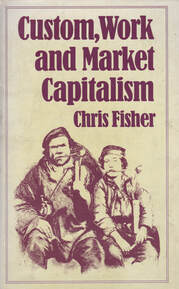 James and the riots would feature many years later in Custom, Work and Market Capitalism: The Forest of Dean Colliers, 1788-1888 by Chris Fisher. In this detailed analytic history Fisher explains the position that Forest of Dean Free Miners such as Warren James were in during the early 1800s. Their traditional privileges to exclusively mine in the Forest, transport iron ore and coal, and to graze their animals were being eroded. The popular participation in the events of 1831 demonstrated how embedded the miners’ rights were with those of the wider Forest community of the time. 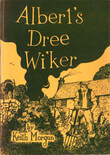 For all the literary expositions on the causes and events of the 1831 riots, the most engaging and inspiring surely has to be Keith Morgan’s poem ‘Warren James: Freedom Fighter’. The poem came into print in his collection Albert’s Dree Wi’ker the year before Ralph’s book and continues to be performed by Keith to this day. Recently Ian Right (above) published The Life and Times of Warren James: a freeminer from the Forest of Dean (now in it's 3rd revised edition). Ian is also one of a small group of enthusiastic volunteers who have come together with the aim of keeping the memory of James alive by establishing an annual Warren James Day on the 8th June (the first day of the ‘riots’). We are told more details of the day will be revealed over the coming weeks. Warren James place in the history of the Forest may be secure for some time to come.
0 Comments
In 1944 Leonard Clark returned to the Forest to find his beloved Chestnuts Wood clear-felled: “There, to my horror, I saw a bald hill with just a thin ring of trees on the top. My eyes flooded with tears. So this was all that remained of my Chestnuts Wood” (A Fool in the Forest, p11). Startling as this present-day scene is near Worrall Hill, thankfully it’s a long overdue harvest of chestnut coppice – so soon new shoots will be sprouting, and in just a few years chestnut trees will be reaching for the sky again and resounding with bird song in spring. Leonard Clark wrote three fantastic books looking back at the Forest of his youth. In those books, and in many of his poems he brilliantly evokes the deep and rewarding relationship we can have with nature and landscape, ever changing as it is. Successful author, poet, editor he is also a hugely important figure in the history of Forest of Dean writing – someone to inspire the next generation of Forest writers?
|
Archives
June 2024
|
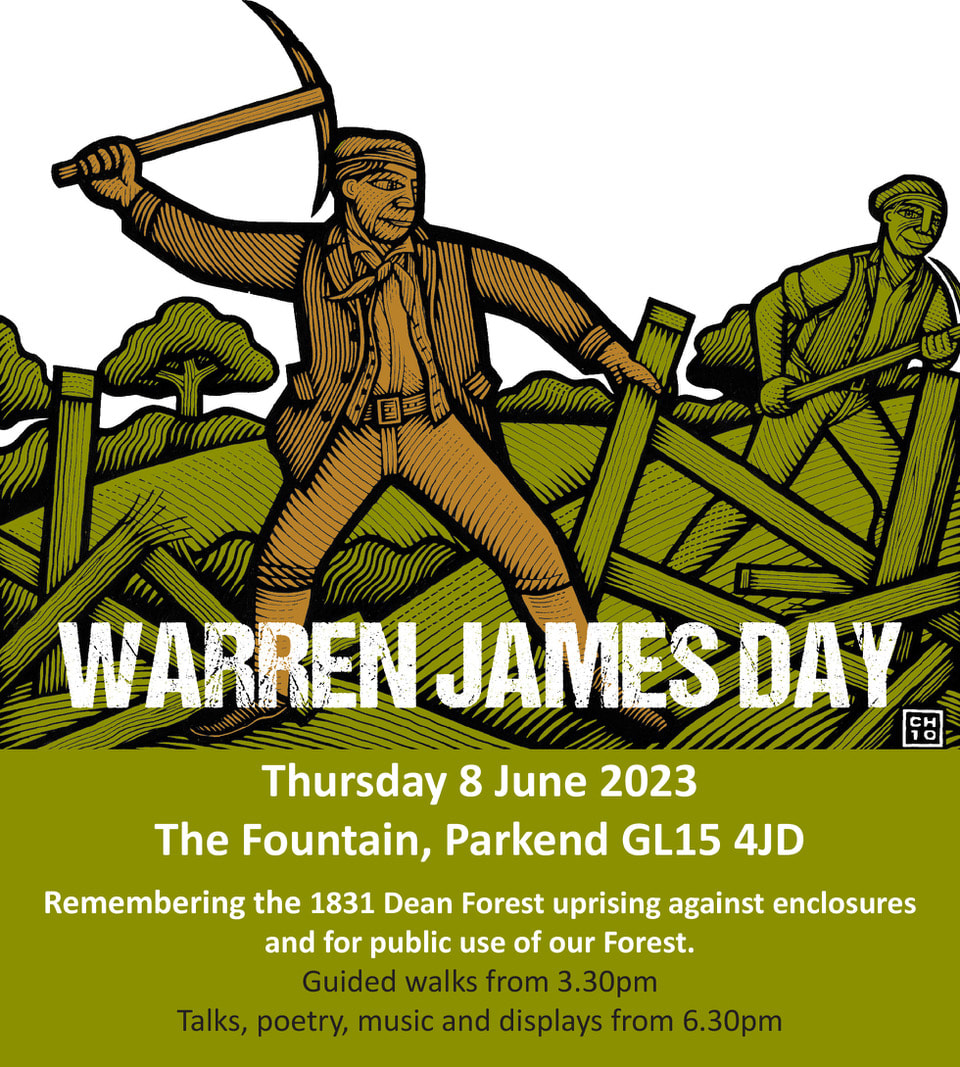
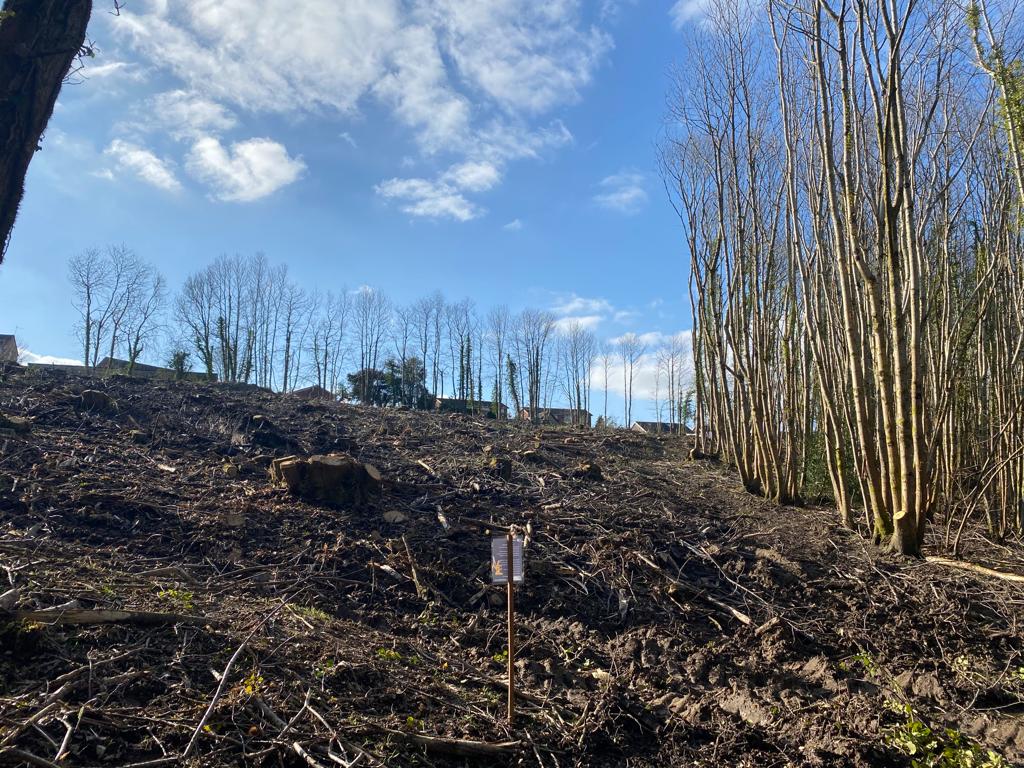

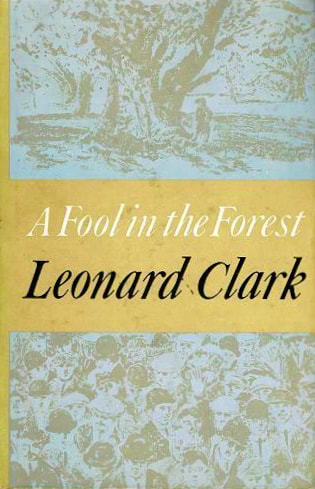
 RSS Feed
RSS Feed


